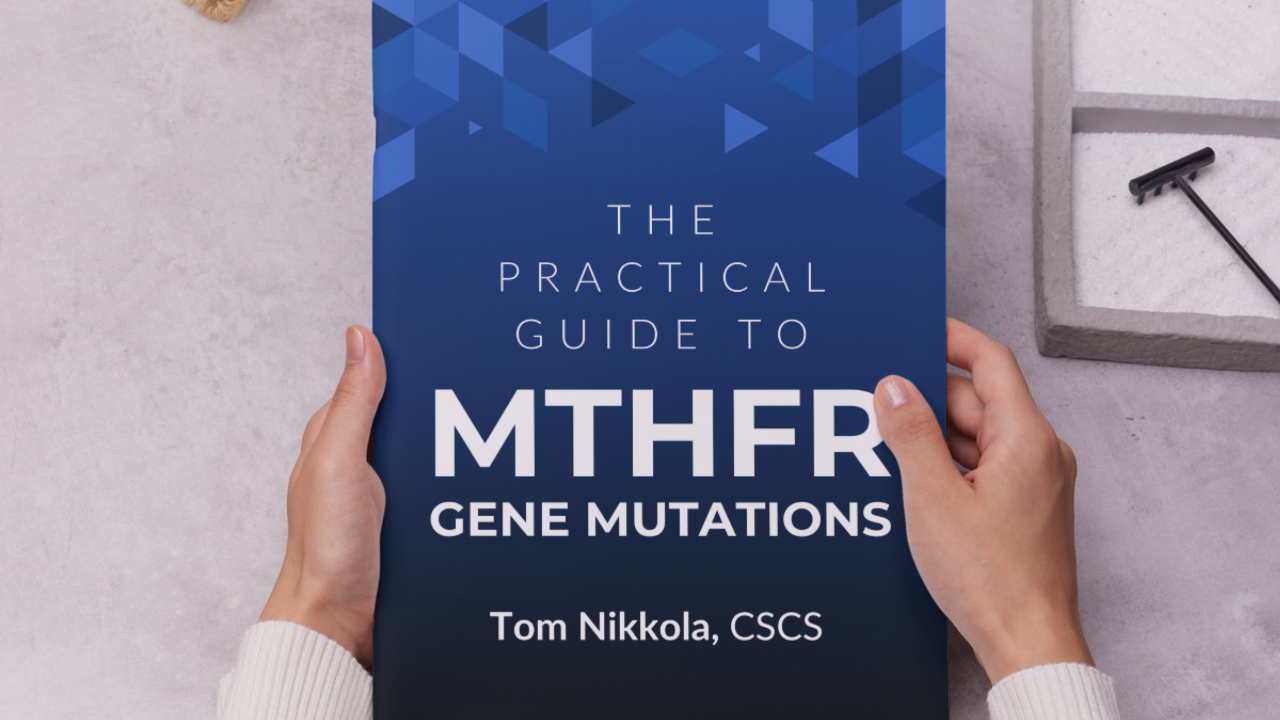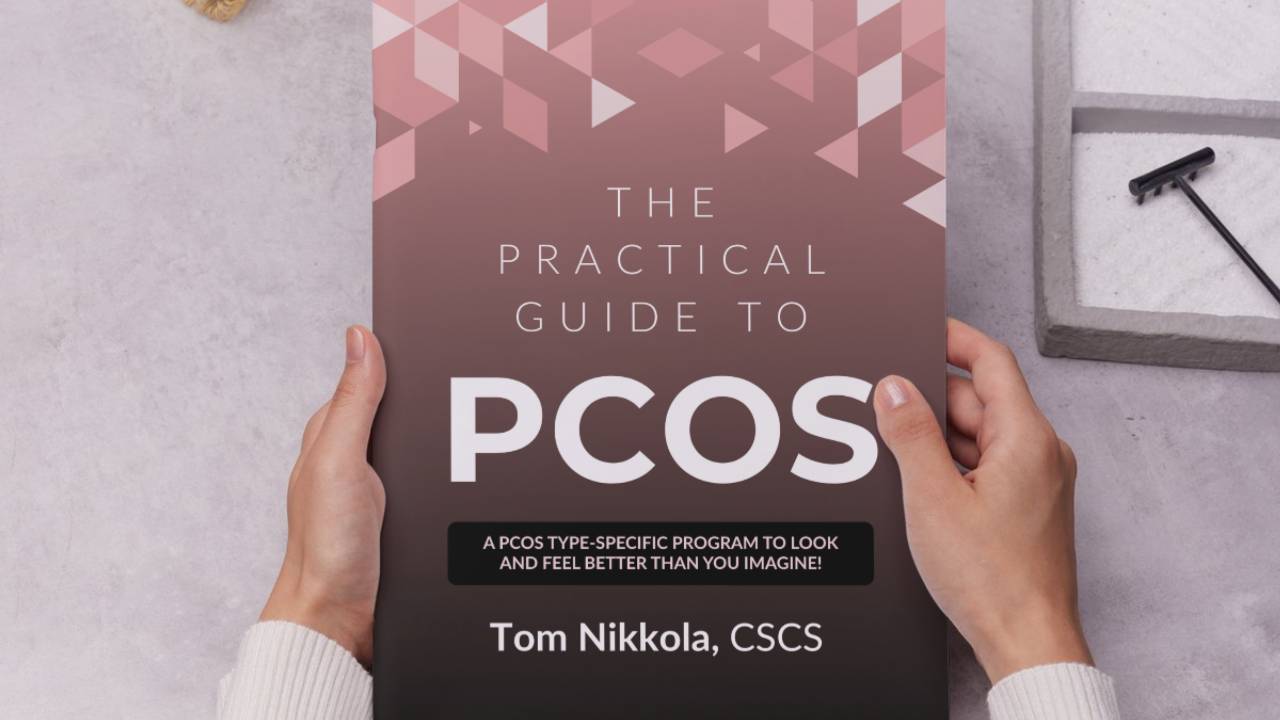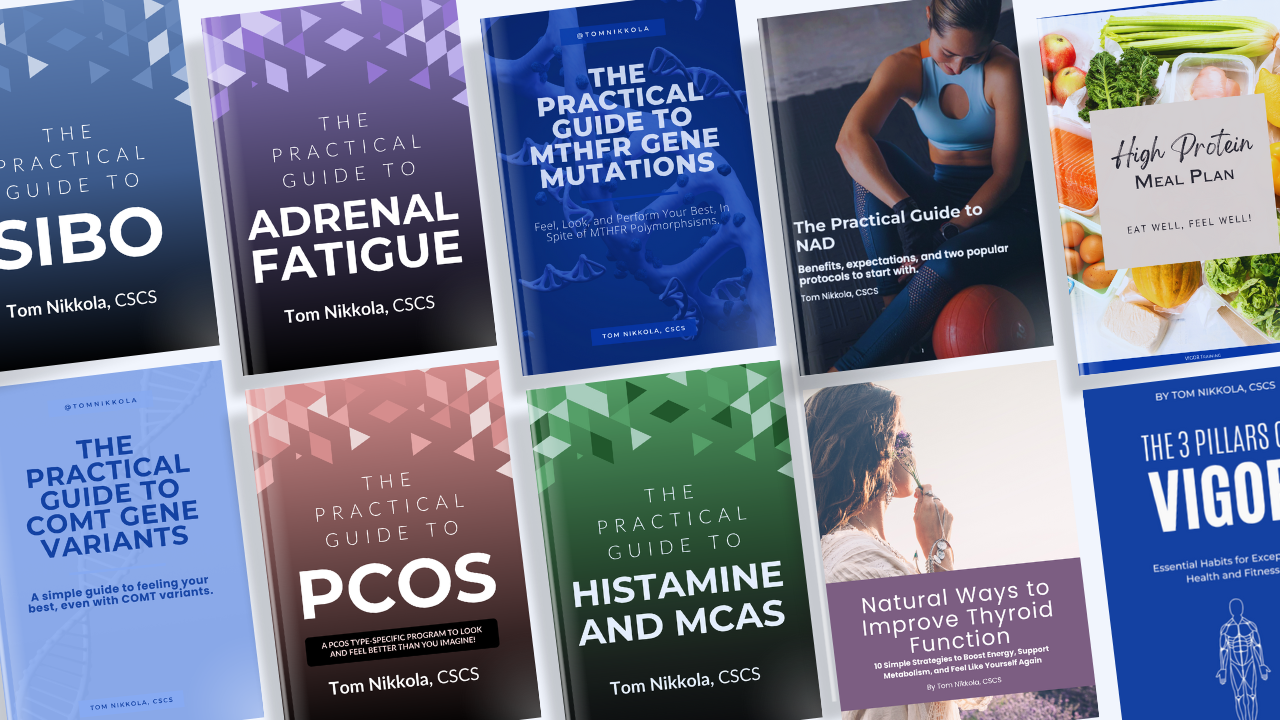Practical health and fitness advice you can trust, based on 24 years of experience.
No more scrolling social media and websites, trying to figure out how to get strong, healthy, and fit.
I've taken my 23 years of experience and packaged together simple and effective guides and programs to help you get in the best shape of your life.
And if you need something personalized, I can do that too!

Better Your Life. One Email at a Time.
Get the Free Nikkola Newsletter. Delivered Monday, Wednesday, Friday, at 1PM Central Time.
Digital Guides
Clear, practical guides that help you get results, fast. Just like you would if you were my client.
Coaching and Fitness Programs
Done-for-you workout plans that'll leave you stronger, healthier, leaner, and more confident than ever!











